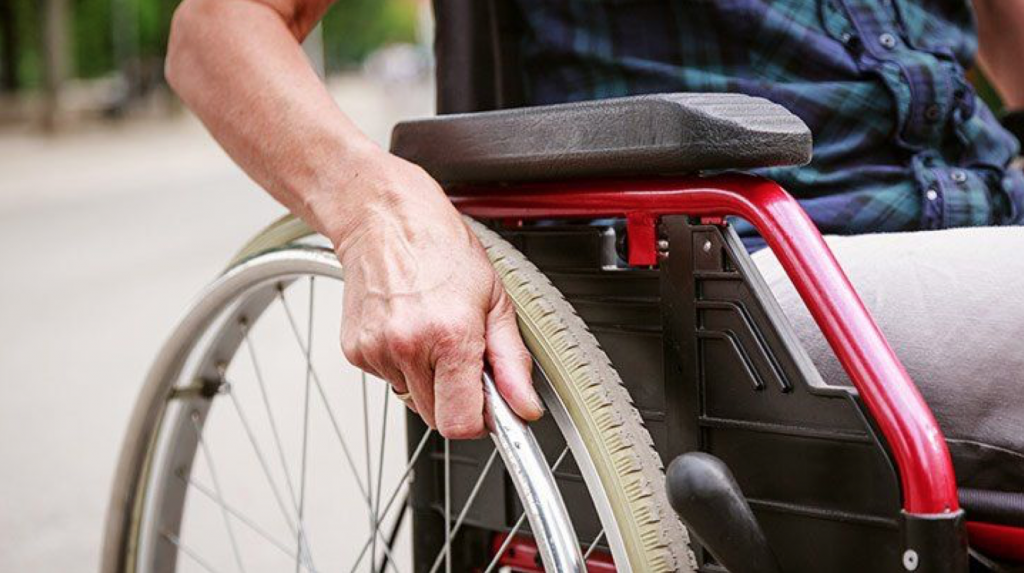Multiple sclerosis can affect bladder and bowel function, so it is not unusual for people with MS to develop incontinence in some capacity. Continence translates to people’s ability to hold in and control their bodily functions, but deterioration can result in this control being affected in a variety of ways. Symptoms related to incontinence are not generally consistent in people with MS, so in this article we take a look a how MS can affect continence, as well as ways to stay on top of these issues.
How incontinence affects people with MS
It is not uncommon for those with MS incontinence issues to have it affect them in different ways. Some may feel it as an accidental or involuntary loss of urine from the bladder, which is known as urinary incontinence. Others may experience it as an unexpected bowel motion, whether it be faeces or gas from the bowel, which is known as bowel incontinence. Even if someone with MS has either form of incontinence (or both), how it affects them can still vary considerably. For example, urinary incontinence can translate to either more frequent or less frequent urination, differing degrees of urgency, incontinence, the need to urinate during the night and the development of urinary tract infections. In the case of bowel-related incontinence, people with MS might experience incontinence as severe constipation or diarrhoea. Regardless of how it is experienced, people with MS develop generally incontinence through one or more of the following: spasticity of the bowel or the anal sphincter, the loss of gastro-colic reflex and the loss of feeling in the anus and rectum.
What to do if you’re experiencing incontinence
If you have MS and are experiencing issues with continence – whether it be related to bowel or bladder – it is best to first talk to your GP or multiple sclerosis nurse. They will typically discuss any adjustments to your medication, diet and lifestyle to benefit your specific circumstances. In order to get the most out of this advice, you should make sure to go into detail about both developing symptoms and persistent symptoms, and if there are any major concerns, they will be able to refer you to a urologist or gastroenterologist. Treatments for incontinence can either be purchased over the counter or can be prescribed by a doctor, but before you go out and purchase anything, ensure you consult your GP as you might not otherwise be able to tackle your issue in the right way. And remember – holding off from telling your GP about your issues will only make matters worse in the long-run, so it’s important to remedy the situation as quickly as possible.
Ways to keep tabs on your incontinence issues
Apart from these continence aids, there are a few ways you can stay on top of continence issues in your day-to-day healthy life. These include having easy access to a bathroom at your home or office (such as ensuring you’re sitting close to a nearby toilet in case of emergency) and to make sure that you know where the public bathrooms are when you leave the house. For instance, ringing up ahead of time to guarantee the presence of accessible bathroom facilities. If you keep these points in mind, even if you experience incontinence issues, you should be able to mitigate any problems when you’re out and about.

